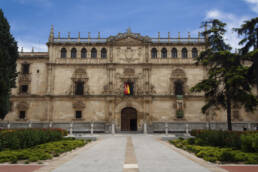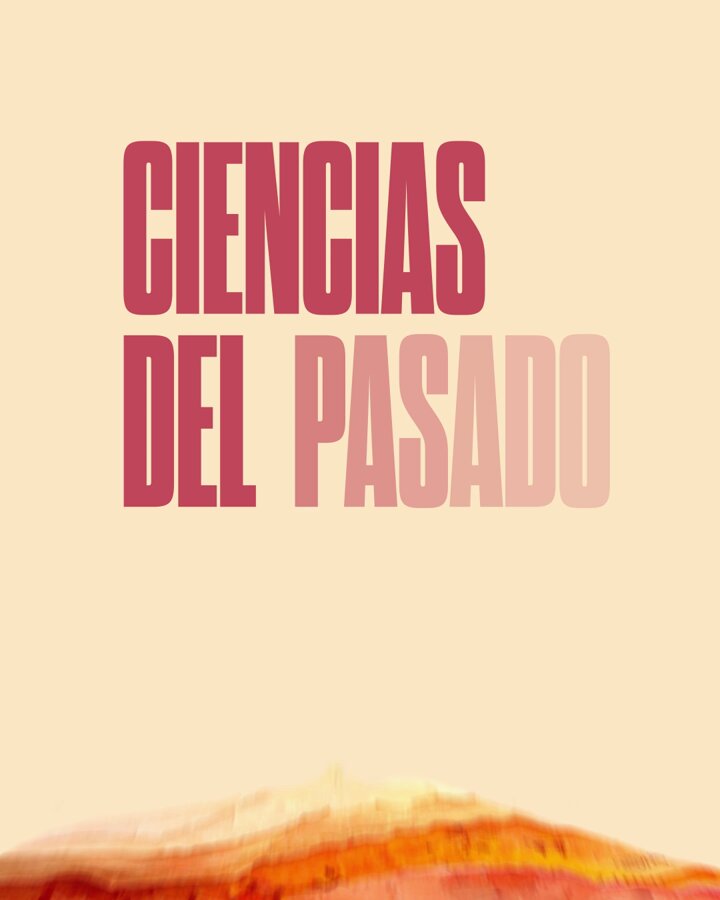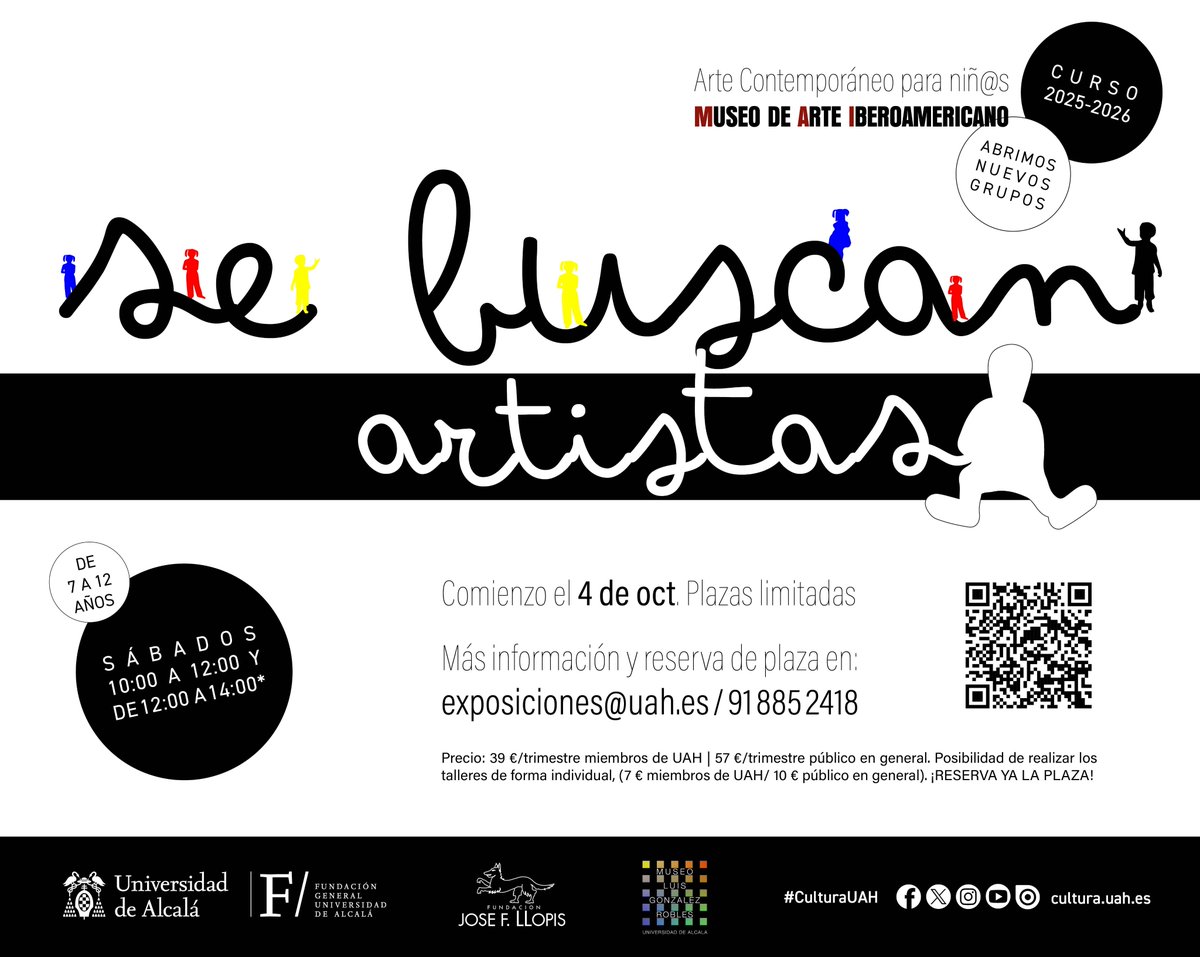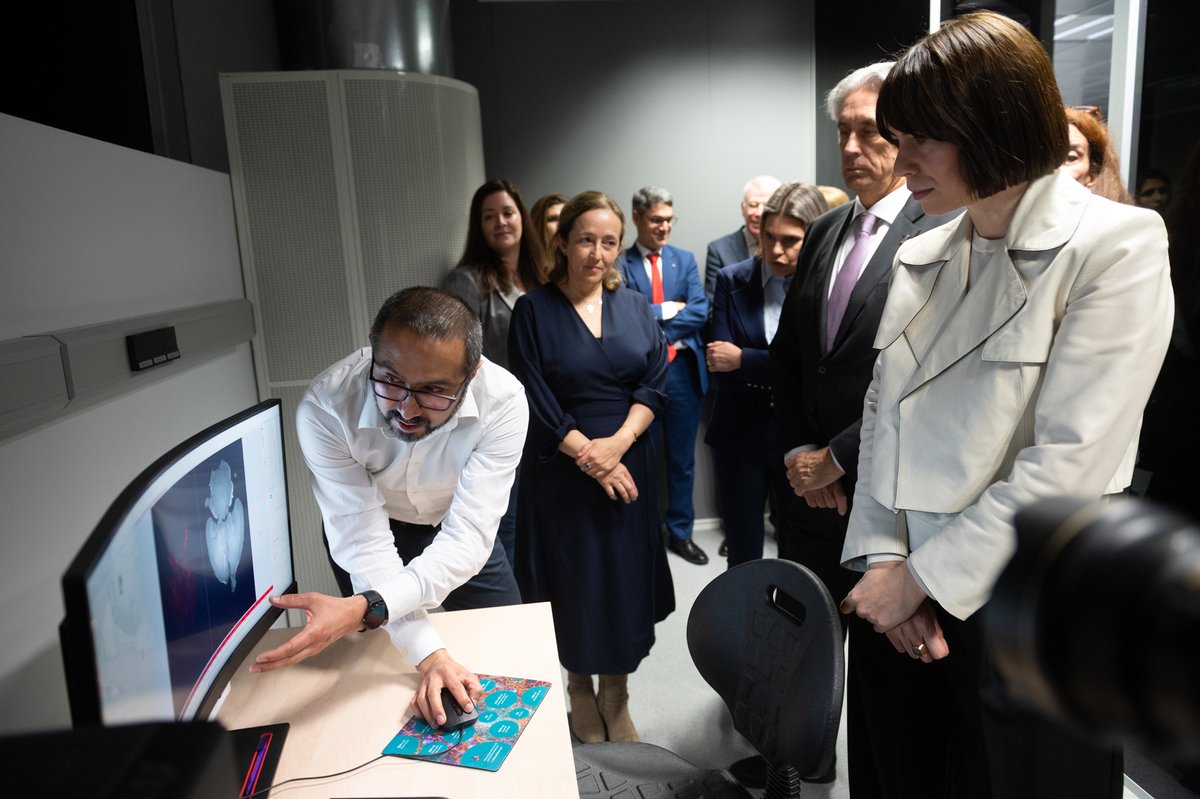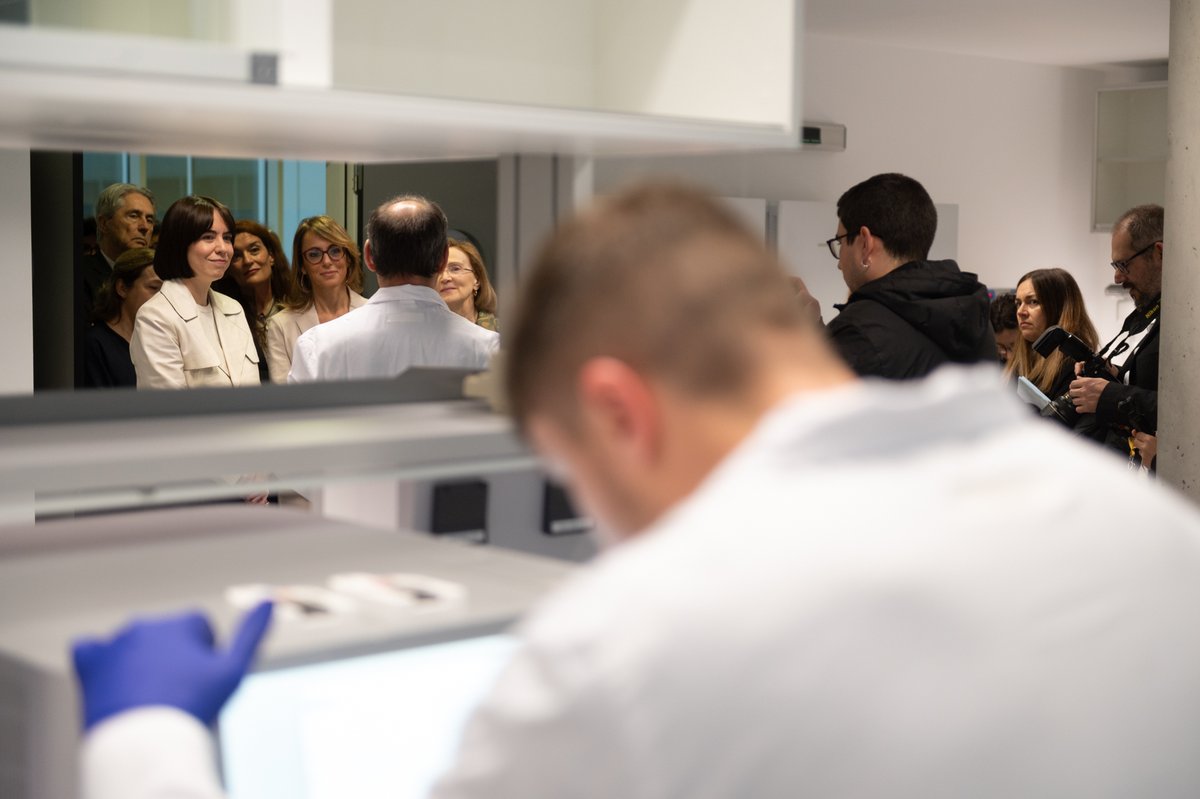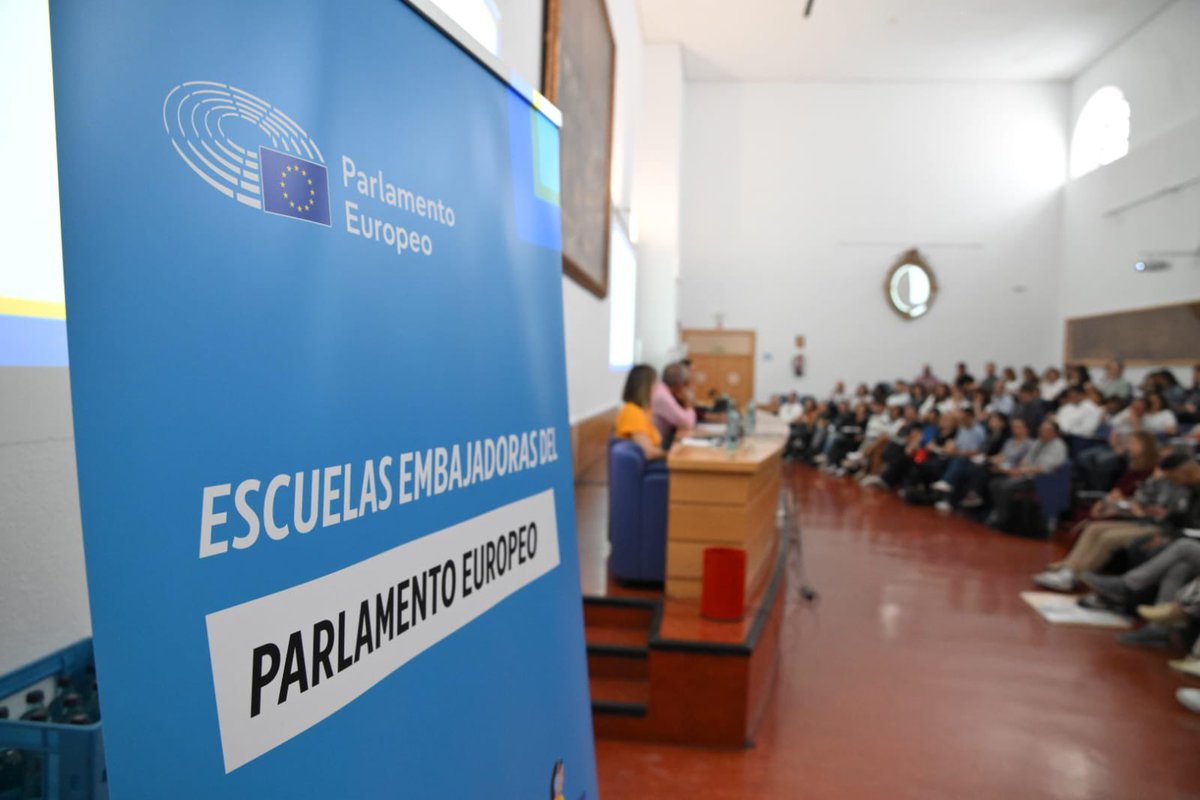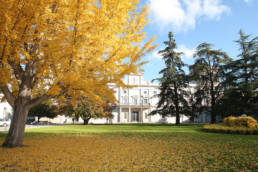University of Alcalá
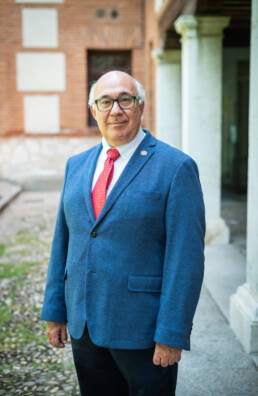
W100 Representative
Prof. Dr. José Luis Copa Patiño
Rector's Delegate for Communication
Prof. Dr. José Luis Copa Patiño holds a PhD in Biology, specializing in Microbiology, from the University of Alcalá (UAH). He is currently a Professor in the Department of Biomedicine and Biotechnology at UAH, with over 32 years of teaching experience and six recognized five-year terms. He is part of an award-winning teaching innovation group recognized in 2012.
He has completed postdoctoral stays at the Biological Research Center (CSIC) in Madrid and at the Institute of Science and Technology at the University of Manchester (UMIST). He has published more than 75 papers in indexed journals and participated in over 110 conferences. He is co-author of six patents, one of which is international, and has led more than 80 research projects. He has supervised several doctoral theses and received multiple awards for his research work.
Since 2001, he has held various management positions at UAH, including Vice Dean of the Faculty of Environmental Sciences and ERASMUS Coordinator for the Faculties of Biology and Environmental Sciences. He has also coordinated the entrance and admission exams at UAH for new students and served as Deputy to the Vice-Rector for Undergraduate Studies and Students. Currently, he is Vice President of the Senate and a member of the Faculty of Science Board, as well as the Rector’s Delegate for Communication.

The University of Alcalá was founded in 1499 as a new educational project by Cardinal Cisneros, the Regent of Spain. Steeped in history, the University today is a medium-sized modern institution, and acknowledged as a model to be imitated in Europe and America. In addition to classical humanistic studies and the social sciences, the University of Alcalá has incorporated the most modern qualifications in all scientific fields, such as health sciences and the various engineering sciences spread across its campuses, which with the Science and Technology Park are a decisive factor in its international profile and a boost to business in our region.
The recognised quality of its studies, the development of important research lines, its international relations, the artistic-historical interest of its iconic buildings, its new and modern facilities and its complete adaptation toe the demands of today’s labour market place at the forefront of public universities.
The Latest from University of Alcalá
¡Sumamos un nuevo centro adscrito: CES ISDI!
Se impartirá el Grado en Digital Business, centrado en #IA y #TransformaciónDigital además se irán sumando otros grados, másteres y microcredenciales.
Más info 👇
https://ow.ly/J2m750X7H9m
#UAH #ISDI
⏳🔬 ¡Mañana arrancan las Jornadas #CienciasdelPasado en el Rectorado de la UAH!
Más de 400 estudiantes de ESO y Bachillerato descubrirán a través de talleres y mesas redondas el trabajo del Área de Prehistoria @PrehistoriaUAHy Paleoantropología de la UAH. @BOtoacustica
Mª del Rosario Fernández consigue la prestigosa beca ERC Starting Grant con su proyecto de monitorización de fibra óptica para detectar terremotos o tsunamis.
Una historia de superación, constancia y un logro histórico: la 4ª #StartingGrant de la UAH 💙
https://portalcomunicacion.uah.es/diario-digital/reportaje/Maria-del-Rosario-Fernandez-Ruiz-investigadora-del-UAH-consigue-una-Starting-Grant-del-Consejo-Europeo-de-Investigacion
📣SE BUSCAN ARTISTAS.
🎉Nuevo grupo en horario de 10:00 a 12:00 h sábados alternos de octubre a junio
🤸Muchos niños han pasado ya por estos talleres. Si tienes alguna persona cerca de entre 7 y 12 años, ¡que no se quede sin plaza!
🎨Más info: https://cultura.uah.es/es/evento/Talleres-Arte-contemporaneo-para-nins-00002/
Una xiloteca es una especie de biblioteca de maderas. La del Real Jardín Botánico de la Universidad de Alcalá de Henares es de las más completas de nuetro país. Y es una delicia que se puede visitar #Atlasdelopequeño @Culturas2_tve @UAHes
Ven al Día de las Profesiones y ¡descubre tu futuro!
#DíaProfesionesUICM2025 #UAH
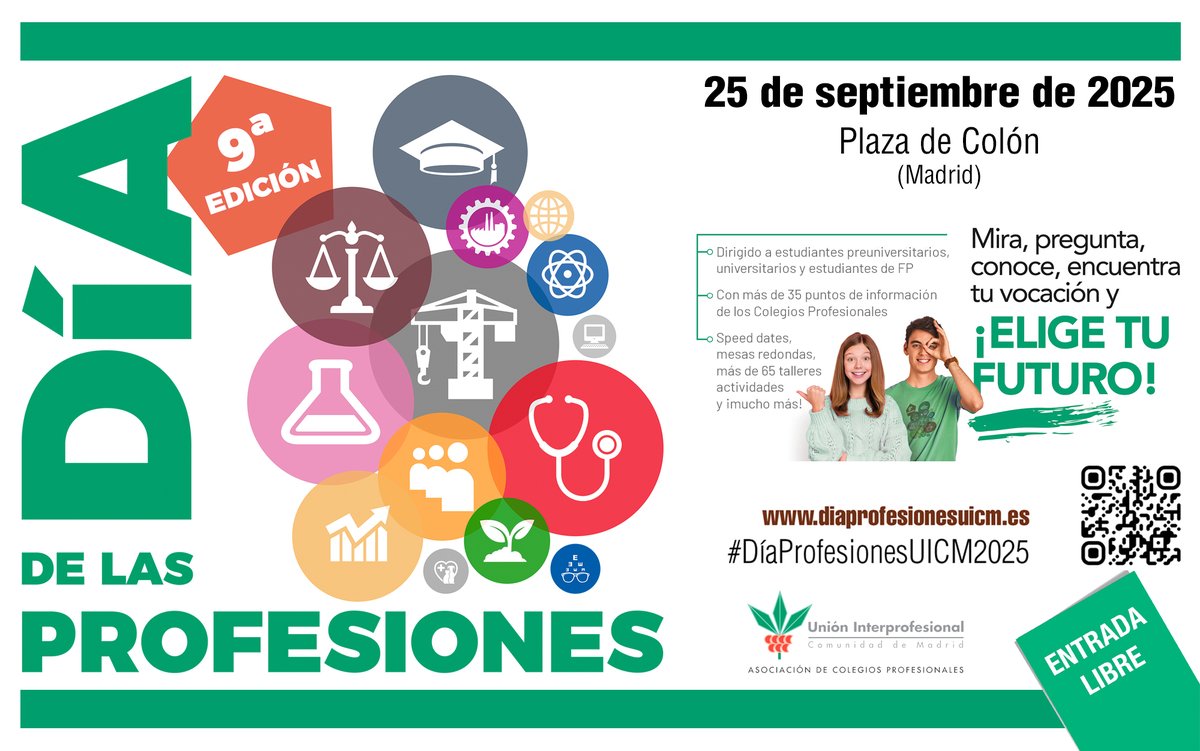
🟢 𝗗𝗜́𝗔 𝗗𝗘 𝗟𝗔𝗦 𝗣𝗥𝗢𝗙𝗘𝗦𝗜𝗢𝗡𝗘𝗦 𝟮𝟬𝟮𝟱. Mira, pregunta, conoce, encuentra tus vocación. ¡𝗲𝗹𝗶𝗴𝗲 𝘁𝘂 𝗳𝘂𝘁𝘂𝗿𝗼!
¡𝑫𝒆́𝒋𝒂𝒕𝒆 𝑰𝒏𝒔𝒑𝒊𝒓𝒂𝒓 𝒑𝒐𝒓 𝒆𝒔𝒕𝒆 𝒅𝒊́𝒂!
📲Programa: https://www.diaprofesionesuicm.es/wp-content/uploads/2025/06/Avance-Programa-Día-Profesiones-2025.pdf
#DíaProfesionesUICM2025 #ColegiosProfesionales
¿Todavía no te has apuntado?
Talleres y actividades interactivas sobre IA, energías renovables, drones, vehículos autónomos, un simulador hiperrealista, arquitectura climática o diseño urbano sostenible para un mundo mejor.
¡Te esperamos!
#europeanresearchersnight
#nightspain
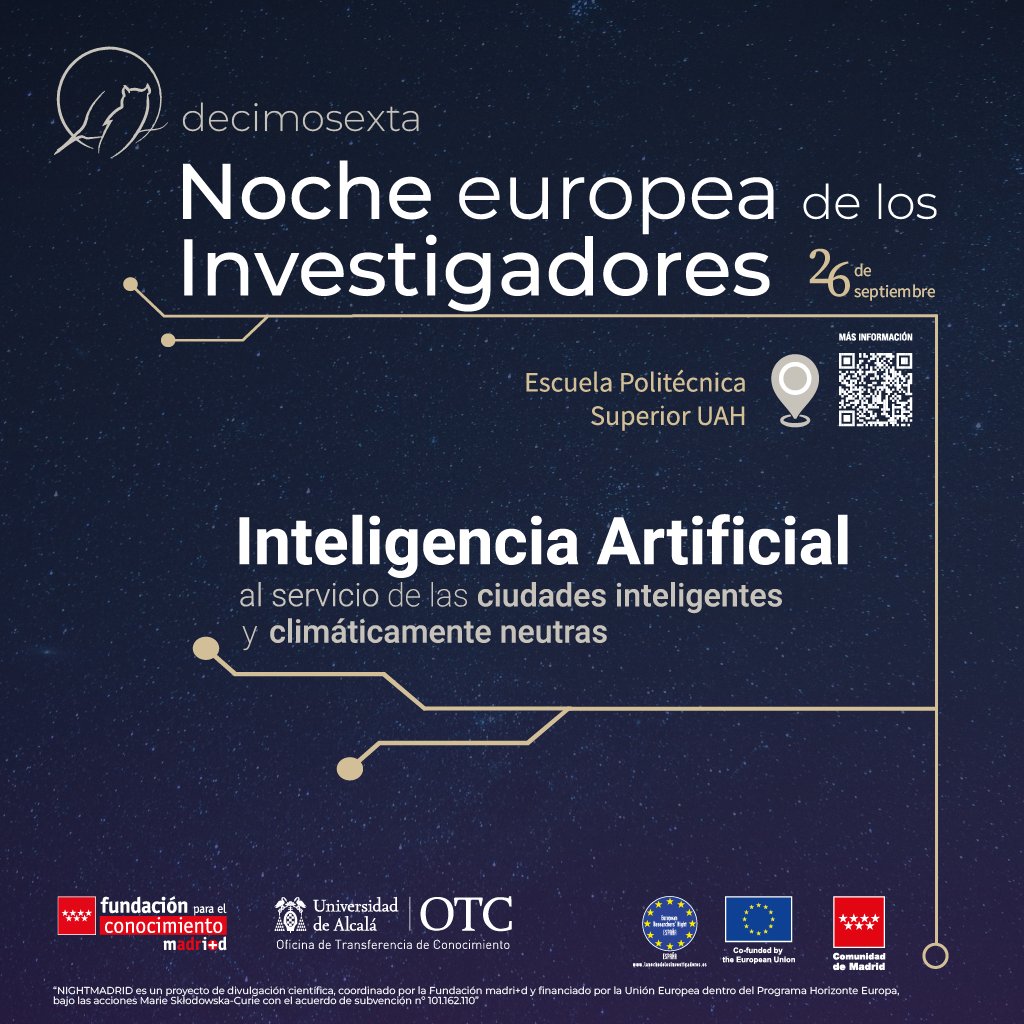
¡¡Aún quedan plazas libres para las actividades organizadas por la #UAH con motivo de #EuropeanResearchersNight!!
Apúntate en 👉https://bit.ly/4nlv8IW
@MSCActions @madrimasd
📍 Este año, hemos dado un paso decisivo con la inauguración del Centro de Neurociencias Cajal del @CSIC, en la @UAHes.
Un espacio de vanguardia para atraer talento y acelerar nuevos diagnósticos y terapias frente al #Alzheimer y otras enfermedades neurodegenerativas.
¡Inauguramos la formación para los coordinadores del programa #EscuelasEmbajadoras en la @UAHes!
🇪🇸🇪🇺 Este curso 2025-2026 el programa Escuelas Embajadoras cuenta con 127 nuevas Escuelas Embajadoras, distribuidas por todas las comunidades autónomas y Melilla.
University of Alcalá has 38 official degree courses
19% of University of Alcalá are international students
In the sixteenth and seventeenth centuries, the University of Alcalá became the major centre of academic excellence
Acknowledged as a model to
be imitated in Europe and America
The University of Alcala considers international partnerships to play a vital role in furthering research and education; it has 750 agreements globally, with 1,500 placements in 155 countries, and these include:
Erasmus Student Exchange Agreements, an EU-centred exchange programme with 927 partners.
Double Degree Agreements for Undergraduates, Masters, and PhDs in France, Russia, Germany, United Kingdom, China, Brazil, Ireland, Bolivia, Italy, Tunisia, Sweden, and Columbia.
Mission and vision
- The comprehensive training of students and their personal and professional development through high-quality teaching, the creation, and transmission of knowledge, and the dissemination of science and culture
- To be a leading university in the international context, committed to society, inclusive and open to the world, contributing to the advancement of knowledge and the training of citizens by means of quality teaching, excellence in research, and the promotion of ethical and socially responsible attitudes
- Values:
- Proximity
- Quality, Excellence and Innovation
- International Vocation
- Social Commitment
A university open to the world
352
Active researchers
€33,109,345.62
from Research Projects
The University is firmly committed to research as the engine of innovation and change, It is ranked among Spain’s top universities in terms of number of doctoral theses, patents and research outputs.
Through its Science and Technology Park, the university fosters relations between the academic world and the business community, thus fomenting the creating of innovative companies in R+D intensive sectors.
In collaboration with Spain’s Council for Scientific Research, the university is host to the Prince of Asturias Institute of Molecular Medicine and the Ramon y Cajal Institute of Biomedicine in collaboration with the Madrid Regional Government, the Madrid Institute for Advanced Water Research.
Through its own institutes and other research supported centres, the university gives its backing to interdisciplinary research in the fields of the social sciences and humanities. The university boasts four associated teaching hospitals where students may do their internships.
Become a Member
The World 100 Reputation Network is a group of the best universities in the world, delivering research that enhances reputation and offering leaders the chance to develop their own careers on a global stage. Members benefit from events and study tours, training, monthly media monitoring, and unique reputation research to provide institutional advantage.
University of Navarra

W100 Representative
Santiago Fernández-Gubieda
Director of the Reputation Unit
Santiago Fernández-Gubieda Lacalle is the Director of the Reputation Unit at the University of Navarra. As well as this, he is the bursar of the Center of University Governance and Reputation at the University of Navarra. He is currently preparing his doctoral thesis about reputation and governance of universities.
His specific focus is on the management and measurement perceptions of university stakeholders and how reputation management can improve a university’s performance. He is also working on the rankings strategy of the University.
He has an Executive MBA from the University of Navarra – IESE Business School. From 2018 to 2020, he was Assistant to the Vice Chancellor for Communication at the University. In addition, from 2014 to 2018, he was the Communication Director of the University Hospital of Navarra. Before that, he was the director of the Digital Communication Service of the University of Navarra.
He has worked in mass media and he is also a communication consultant for universities and educational organisations.
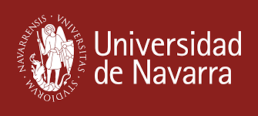
The University of Navarra, established in 1952, has its main campus in Pamplona, Spain. Other campuses are placed in San Sebastian, Madrid, Barcelona (IESE Business School), and has overseas locations in New York, Munich and Sao Paulo. All of them are multicultural spaces where our students receive a well–rounded and personalized education, and where teaching and research go hand in hand.
Its institutional mission is to seek and present the truth; contribute to the academic, cultural and personal education of its students; promote academic research and healthcare activities; provide suitable opportunities for the development of its professors and employees; and carry out broad cultural outreach and social promotion work with a clear goal of service.
Horizon 2020 is the current strategic plan of the University and seeks to have an increasing international profile at all levels, a stronger focus on interdisciplinary and translational research, an innovative approach to teaching, a wider and richer choice of programs to improve the student academic experience and employment perspectives, and a solid commitment to social responsibility.
The Latest from University of Navarra
Thinkfluencer y el "Libro Blanco de la Influencia Responsable 2025" impulsan un nuevo modelo en el entorno digital.
El proyecto, de la Universidad, @icmedia_es y Conese, promueve la responsabilidad, la transparencia y el bienestar de los creadores.
👉 https://www.unav.edu/noticias/-/contents/28/10/2025/thinkfluencer-y-el-libro-blanco-de-la-influencia-responsable-2025-impulsan-un-modelo-de-influencia-responsable-y-bienestar-emocional-en-el-entorno-digital/content/lovPblW1fC70/193235832
La Universidad consigue 3,8M € en la convocatoria de proyectos estratégicos en I+D del @gob_na.
Coordina 2 investigaciones y participa en otras 6 sobre medicina personalizada y terapias avanzadas, nutrición sostenible e innovación y biotecnología.
👉 https://www.unav.edu/noticias/-/contents/28/10/2025/la-universidad-consigue-38-millones-de-euros-de-financiacion-en-la-convocatoria-de-proyectos-estrategicos-en-id-del-gobierno-de-navarra/content/lovPblW1fC70/193226595
🎲 Hacer realidad 'Wanna be a scientist?', un juego de mesa para despertar vocaciones científicas en los más pequeños, ha sido un proceso de cinco años, en el que han participado más de 50 alumnos y una decena de profesores de varias facultades.
👉 https://www.unav.edu/noticias-y-eventos/reportajes/mover-ficha-por-la-ciencia
Hoy es el cumpleaños de nuestro Gran Canciller, Fernando Ocáriz. ¡Muchas felicidades! 🎉🎉
"La vida buena es posible, aunque no te lo creas". El catedrático Ricardo Piñero, director de @CoreUnav, participó en la IV edición de 'El Tiempo de las Mujeres'.
👇👇👇

@elmundoes @JqManso @yo_dona @AmayaGOJ @renaultgroup @Telefonica @AlejandraOlcese @MovistarPlus @emucientes @renault_esp @MicrosoftES @TelefonicaTech @MoeveGlobal @anabarrio @BorracheroAli @ivanabaquero_ @AdeccogroupEs @MarMunizRuiz @SandraBarneda @Guacimara_C @LigaF_oficial @TeamYouFirst @WFSummit @VirginiiiaTr @InakoDiazGuerra 🗣️ El catedrático de Estética de la @unav, @rpmbestiario, da una lección magistral para pensar sin miedo 🤔💪
El filósofo Byung-Chul Han recibe esta tarde el Premio Princesa de Asturias de Comunicación y Humanidades. ¿Quién es? ¿Por qué le han premiado? Nos lo descubre Alejandro Martínez Carrasco, profesor de @fylunav, gran experto en su figura y su obra.
👉 https://www.unav.edu/web/facultad-de-filosofia-y-letras/podcast/byung-chul-han-pensar-en-medio-del-ruido
Un 93% de los alumnos con altas capacidades podrían estar sin identificar, destaca un experto.
En el curso 23-24 había en España 58.540 estudiantes identificados, lo que supone solo un 0,84% de la población matriculada en enseñanzas no universitarias.
👉 https://www.unav.edu/noticias/-/contents/23/10/2025/un-93-de-los-estudiantes-con-altas-capacidades-podrian-estar-sin-identificar-destaca-un-experto-de-la-universidad/content/lovPblW1fC70/193119972
📢 Si quieres estudiar un máster, ya puedes solicitar en la Universidad la admisión para el curso 26/27.
Solicita la admisión 👉 https://www.unav.edu/web/landings/masteres?utm_medium=social&utm_source=redes_sociales&utm_campaign=master_abierto_plazo_admision&utm_content=unav-x&utm_term=2627
#CátedraGustavoCisneros
La @unav, en colaboración con la familia Cisneros, ha creado esta plataforma académica que estudiará el papel del liderazgo empresarial de Gustavo Cisneros en el desarrollo económico y social de América Latina y que busca fomentar el espíritu emprendedor.
University of Navarra has 36 Master’s programs
Founded in 1952 by St. Josemaría Escrivá de Balaguer, the founder of Opus Dei
The University of Navarra Alumni Association was established in 1993. Fifteen years later, the Alumni Association was the largest in Europe with over 21,000 members.
Seek and present the truth
The University of Navarra has agreements with over 350 universities from all over the world, 50 of which are among the top 50 of the world according to international rankings. It is currently a member of European University Association, International Association of Universities, and IREG Observatory of Academic Rankings.
Mission and vision
- Deliver university-level teaching in various fields, confer the corresponding academic degrees and provide students with the means (educational materials, a library, information on scholarships, and financial aid) to enable them to derive the full benefit from their studies.
- Promote academic research in different fields of knowledge to further teaching and as a way to bring knowledge to society and foster innovation and development.
- Contribute to students' education through personalized mentoring, with activities aimed at acquiring professional competences and personal habits that stimulate personal development in all of its dimensions: cultural, artistic, religious, athletic, and solidarity
- Stay in touch with alumni of the University through continuing education activities and other cultural and social initiatives of the Alumni Association.
- Organize continuing education and specialization programs for alumni based on the trends and needs of different professions
- Cultivate the bonds between the University and the members of the Friends of the University of Navarra and keep them informed of the fruits of their partnership
- Carry out cultural dissemination and university outreach work through activities organized by the University itself and initiatives carried out in conjunction with other institutions
- Cooperate with other universities and university-level institutions such as hospitals, business schools, research centers, art institutes and educational and development organizations
Where institutional, ideology and statutory aspects are collected
+1,000
Research projects
€95m
Budget to investigate
The University of Navarra aspires to become an international reference Research University and to conduct interdisciplinary, international research with a high degree of social implication. The aim is for the improvement in research to have a positive effect on teaching quality.
Research at the University of Navarra covers multiple areas, but it has a strong focus on biomedicine. The main research centers are:
- Center for Applied Medical Research
- Center for Nutrition Research
- Center for Biomedical Engineering
- Institute of Tropical Health
- Institute of Culture and Society
Become a Member
The World 100 Reputation Network is a group of the best universities in the world, delivering research that enhances reputation and offering leaders the chance to develop their own careers on a global stage. Members benefit from events and study tours, training, monthly media monitoring, and unique reputation research to provide institutional advantage.


